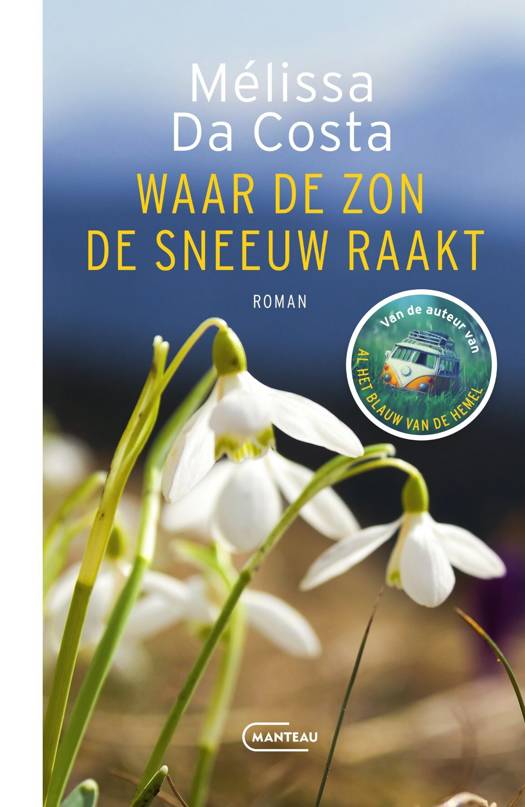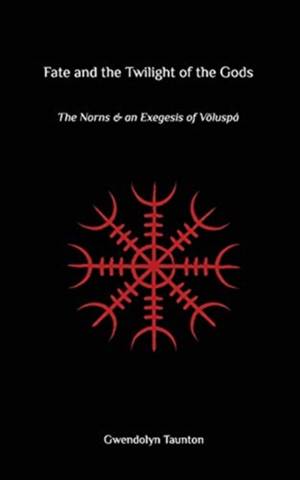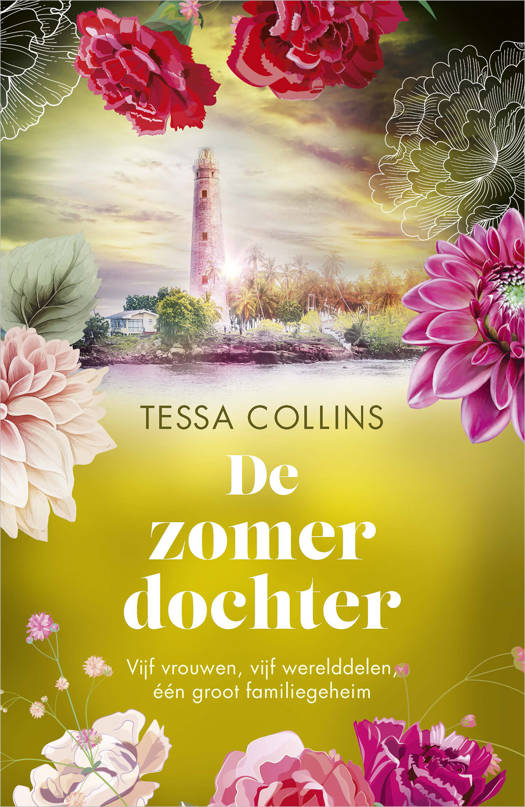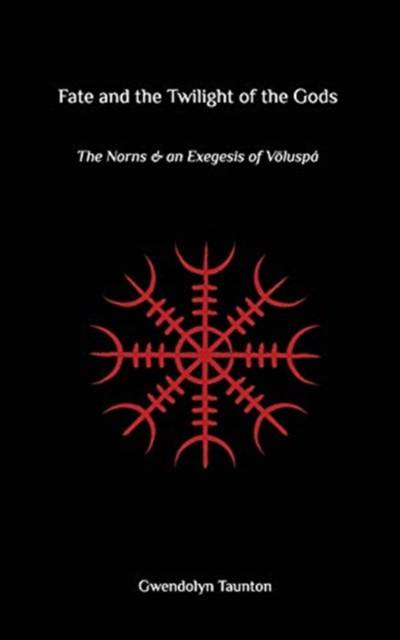
- Afhalen na 1 uur in een winkel met voorraad
- Gratis thuislevering in België vanaf € 30
- Ruim aanbod met 7 miljoen producten
- Afhalen na 1 uur in een winkel met voorraad
- Gratis thuislevering in België vanaf € 30
- Ruim aanbod met 7 miljoen producten
Zoeken
Fate and the Twilight of the Gods
The Norns and an Exegesis of Voluspa
Gwendolyn Taunton
Paperback | Engels
€ 12,95
+ 25 punten
Uitvoering
Omschrijving
Fate and the Twilight of the Gods: The Norns and an Exegesis of Voluspa contains two sections, the first of which elaborates on the Norns (Nornir) and the concept of fate. In the Traditions of Northern Europe, fate is usually represented as a Goddess consisting of three aspects, known collectively as the Norns, who control the fate of the cosmos, and remain distinct from both the Aesir and the Vanir, but are nonetheless able to control the destinies of mortals and Gods alike. Respectively, the most common names for the Norns are Urdr, Verdandi, and Skuld - each of whom has a special function, weaving a tapestry of words in which the warp and weft of threads become a metaphor for human lives. Together, the three Norns offer a fascinating insight into the nature of magic, language, and metaphysical predeterminism in the Northern Traditions.The second half of the book examines Ragnarok, and provides an exegesis of Voluspa - the prophecy which outlines the inevitable destruction of the world, and the 'Twilight of the Gods'. Ragnarok refers to the doom of the Gods, and by the time Ragnarok concludes, almost every figure featured in the narrative will be dead, and the cycle of time shall begin anew. Ragnarok is examined from the perspective of perennial philosophy and comparative mythology, to explain the esoteric significance of core features in Voluspa and the events which led to Ragnarok, with particular emphasis laid on the Gods Odin and Loki.
Specificaties
Betrokkenen
- Auteur(s):
- Uitgeverij:
Inhoud
- Aantal bladzijden:
- 116
- Taal:
- Engels
Eigenschappen
- Productcode (EAN):
- 9780648299660
- Verschijningsdatum:
- 21/08/2018
- Uitvoering:
- Paperback
- Formaat:
- Trade paperback (VS)
- Afmetingen:
- 127 mm x 203 mm
- Gewicht:
- 131 g

Alleen bij Standaard Boekhandel
+ 25 punten op je klantenkaart van Standaard Boekhandel
Beoordelingen
We publiceren alleen reviews die voldoen aan de voorwaarden voor reviews. Bekijk onze voorwaarden voor reviews.











